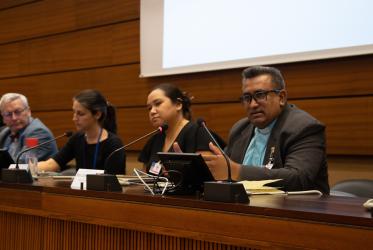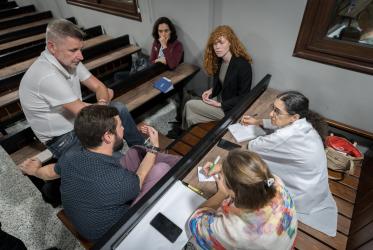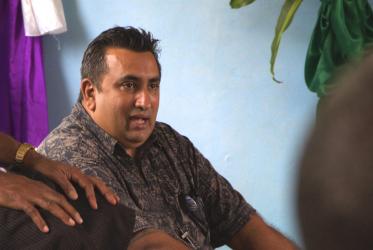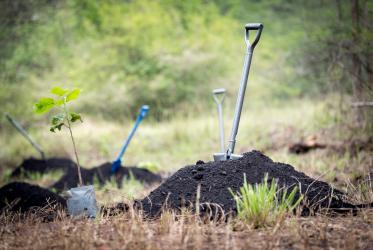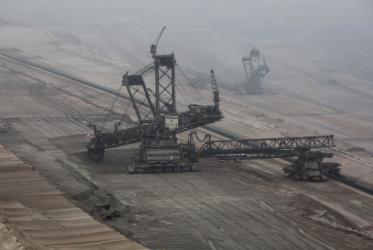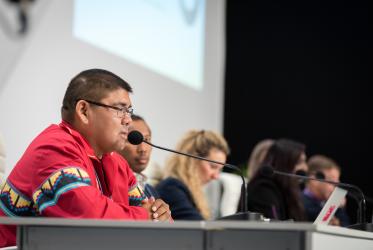Displaying 1 - 20 of 30
Churches should use their voice on climate change
26 February 2020
Church response to Australian bushfires hinges on preparation
07 January 2020
“See humans as part of creation” in addressing climate emergency
06 December 2019
Emily Welty: tide of hope for a world free from nuclear weapons
19 September 2017

